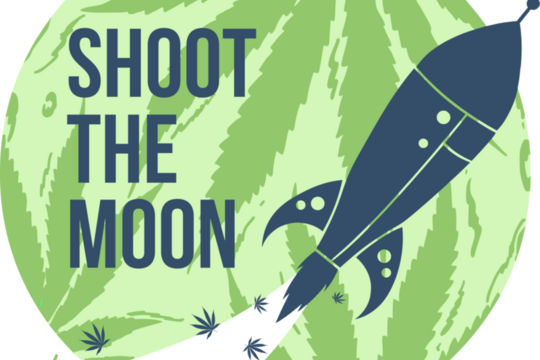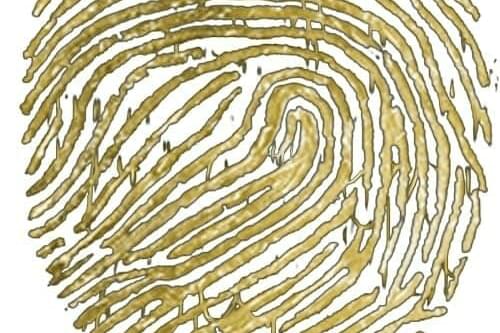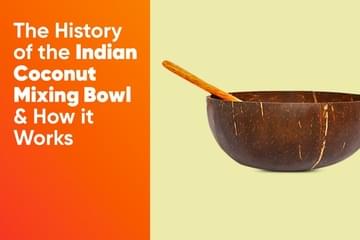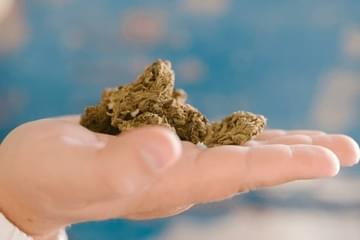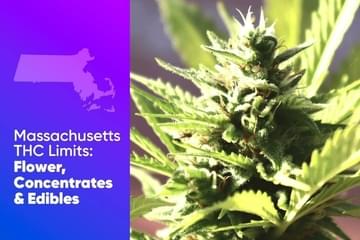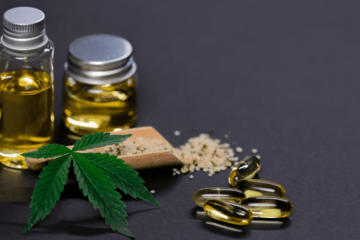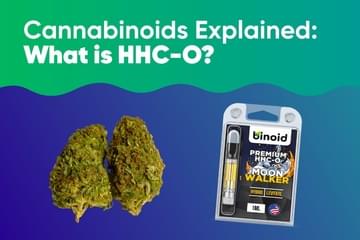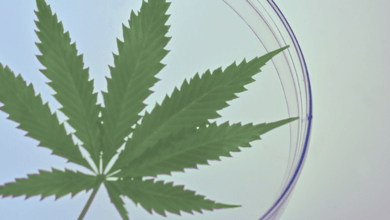
Who Was the First Person to Discover THC?
Published on 8/11/21
Marijuana is a major talking point in our society, and there are probably very few people who don't know what marijuana, cannabis and THC are. However, for as socially relevant as it is, it's probably safe to bet that most people don't know the historic details of THC. Who discovered THC? What does THC stand for? How did THC get its name? We're here to help. Keep reading to no longer be one of those people who doesn't know!
What is THC?
 Unsplash
UnsplashTHC is a cannabinoid, a chemical compound found in the cannabis plant that interacts with the body's endocannabinoid system when consumed. The two most common cannabinoids are also the most popular, and they are both often compared and misunderstood: THC and CBD. When you pit THC vs. CBD, there are a lot of similarities, but there are also plenty of differences. THC stands for tetrahydrocannabinol. It is a cannabinoid known for its psychoactive properties and binds to CB1 receptors. CBD, on the other hand, stands for cannabidiol, does not have any psychoactive properties, can help regulate various THC effects, and binds to CB2 receptors.
The CB1 receptors that THC binds to are responsible for regulating bodily functions such as pain, appetite, metabolism, and mood. When THC binds to these receptors, the body reacts, causing many of the side effects marijuana is known for:
- Euphoria
- Relaxation
- Increased appetite
- Mood changes
- Heightened senses, such as in taste and hearing
How our bodies react to THC varies greatly, and so people might experience the same amounts of THC in different ways. Some potentially negative side effects of THC could be mood swings toward depression and lack of motivation (and some people are even allergic). There is, however, also plenty of evidence that suggests it is medicinally therapeutic. Currently, 35 states have legalized medical marijuana because of its medicinal applications for regulating nausea, managing pain levels, acting as a muscle relaxant, treating glaucoma and helping ease the side effects of PTSD and cancer. THC is a powerful chemical compound that we're still trying to better understand, but when did we first discover it and how did it become such a big deal?
Who Discovered THC?
Cannabis has been used for thousands of years, with evidence suggesting that ancient Asian, African and European peoples used it primarily for its medicinal purposes and that they were also aware of its psychoactive properties. While people have been getting high for millennia, our understanding of what THC is and why weed makes you high belongs to much more recent history.
The first cannabinoid to be isolated from the cannabis plant was CBN at the end of the 19th century. R.S. Cahn then discovered its chemical structure in the early 1930s, and it was first chemically synthesized in 1940 by R. Adams and Lord Todd. CBD and THC were both extracted in the 1940s in combination with other cannabidiolic acids and compounds, by Adams, Wollner, Matchett, Levine and Loewe.
It wasn't for another 20 years that THC and CBD would both be independently isolated from the rest of cannabis. Long before CBD and THC were isolated from cannabis, scientists had isolated morphine and cocaine from opium, and the science behind these two processes is what got Israeli chemist Raphael Mechoulam thinking about the more detailed structures within cannabis. It was Dr. Mechoulam that finally isolated the CBD molecule in 1963 and the THC molecule in 1964, and he quickly learned enough about their structures to synthesize both in 1965. Dr. Raphael Mechoulam is credited with discovering the secrets of marijuana and learning that THC is what provides the psychoactive "high" experience when ingested.
Current Research and the Future of THC
 Unsplash
UnsplashDr. Mechoulam is considered the father of cannabis, but that doesn't mean he isn't still working to uncover hidden secrets within cannabis. He is one of many scientists now working to better understand cannabis and its many cannabinoids, including both CBD and THC. At 90 years old, Dr. Mechoulam is currently studying cannabidiolic acid and THC acid, the original forms of THC and CBD within the Cannabis sativa plant. Both acids eventually break down into the THC and CBD we are most familiar with, but new studies into the original acids are hoping to provide even more insight into how these compounds can be medically beneficial.
Our understanding of what cannabinoids can do is constantly evolving - and while THC is where this all started, it's likely not going to be where it ends. Most recently, Italian scientists have discovered a cannabis compound with the potential of being 30 times stronger than THC. THCP, the new compound, binds to both CR1 and CR2 receptors and binds more assuredly to result in much stronger bodily reactions. However, there are still plenty of studies being conducted about the long-term effects of THC. There are promising indicators that medical marijuana can be used more aggressively for anti-inflammatory control, neuropathic pain management, and even combatting HIV with its antinociceptive properties. We will excitedly continue to watch as new studies are being conducted and positive THC effects are credited and legitimized.
THC is a fascinating compound that continues to excite and surprise us. Share with us any other factoids you know about THC, its history, and our current understanding of it. Comment below!








